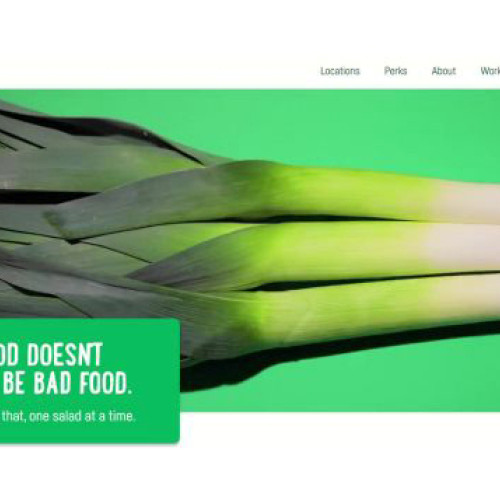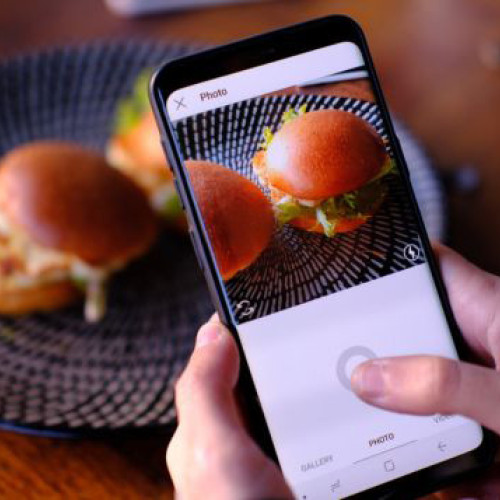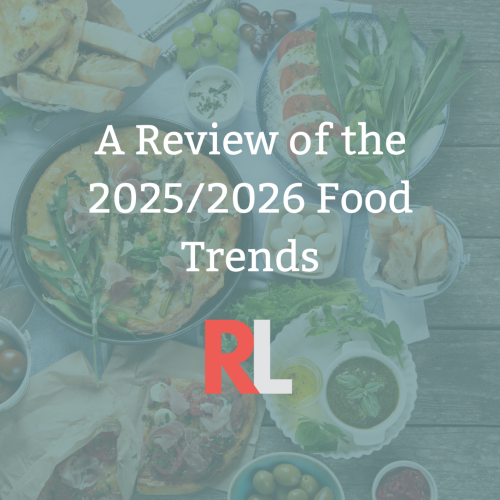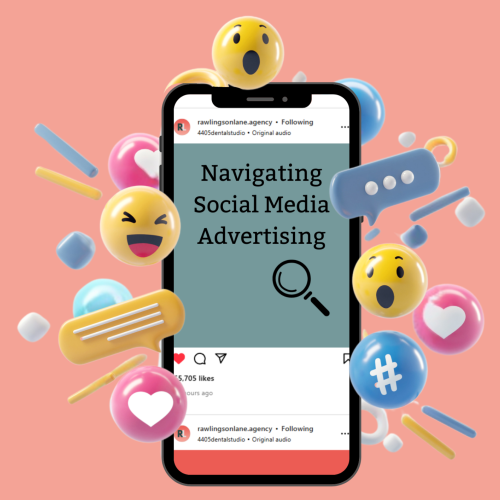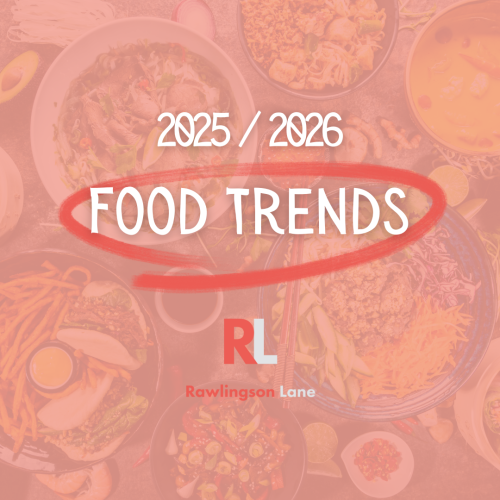Catering for Allergies
May is dedicated to expanding people’s understanding of food allergies. Not only is it Coeliac Awareness Month, but the 11th-17th May also saw people come together for Food Allergy Awareness Week.
So what is an allergy? It is when the body’s immune system responds to certain food, mistaking it as a threat. There are three types of food allergies, the most common is the IgE-mediated allergy, where the body reacts to certain foods by producing the immunoglobulin antibody. Alternatively, food allergies can be non-IgE-mediated or a mixture of the two. Food allergies can be serious and, even a small bite of a food containing dairy, gluten or nuts (to name a few) can cause serious reactions, so hospitality operators need to take full precautions. Symptoms could kick in within a matter of minutes (IgE allergies) or take several hours (non-IgE allergies) to become noticeable.

There are 14 recognised food allergens in the UK and foodservice professionals must feel confident catering for these to ensure their menu remains inclusive. Since the tragic death of Natasha Ednan-Laperouse due to an allergic reaction in 2016, the laws around catering for allergies have tightened. Legally, businesses must comply with FIC Regulations, clearly providing allergy information for the ingredients in each dish. It is important to reassure customers that their food allergies are being seriously considered, and from preparation to service, everyone involved must be conscious that this is an allergy free dish.
Whether it is menu planning or food preparation, here are a few ways to simplify catering for allergens:
Colour Coded Kitchens
A colour coded kitchen is recognised as an effective HACCP system by the Food Standards Agency. Hospitality workers who have completed industry recognised courses, such as RSPH Awards in Food Safety and Hygiene and CIEH Certifications in Food Safety, will know that red chopping boards should be used with raw meat, green scissors are for vegetables and herbs whilst purple utensils are exclusively for allergens. For further advice on this scheme, Nisbets has a handy guide.
To implement a colour coded kitchen, Hygiplas’ brightly coloured range of kitchen equipment ensures different food types are kept separate, and their comprehensive bundle has everything caterers need to add a dash of colour to their food hygiene plan. Meanwhile, Merrychef has recently launched a range of vibrant liners and trays for its conneX® and eikon® ovens. This eliminates the need to clean the oven during service and provides a time-saving way of catering for allergies.
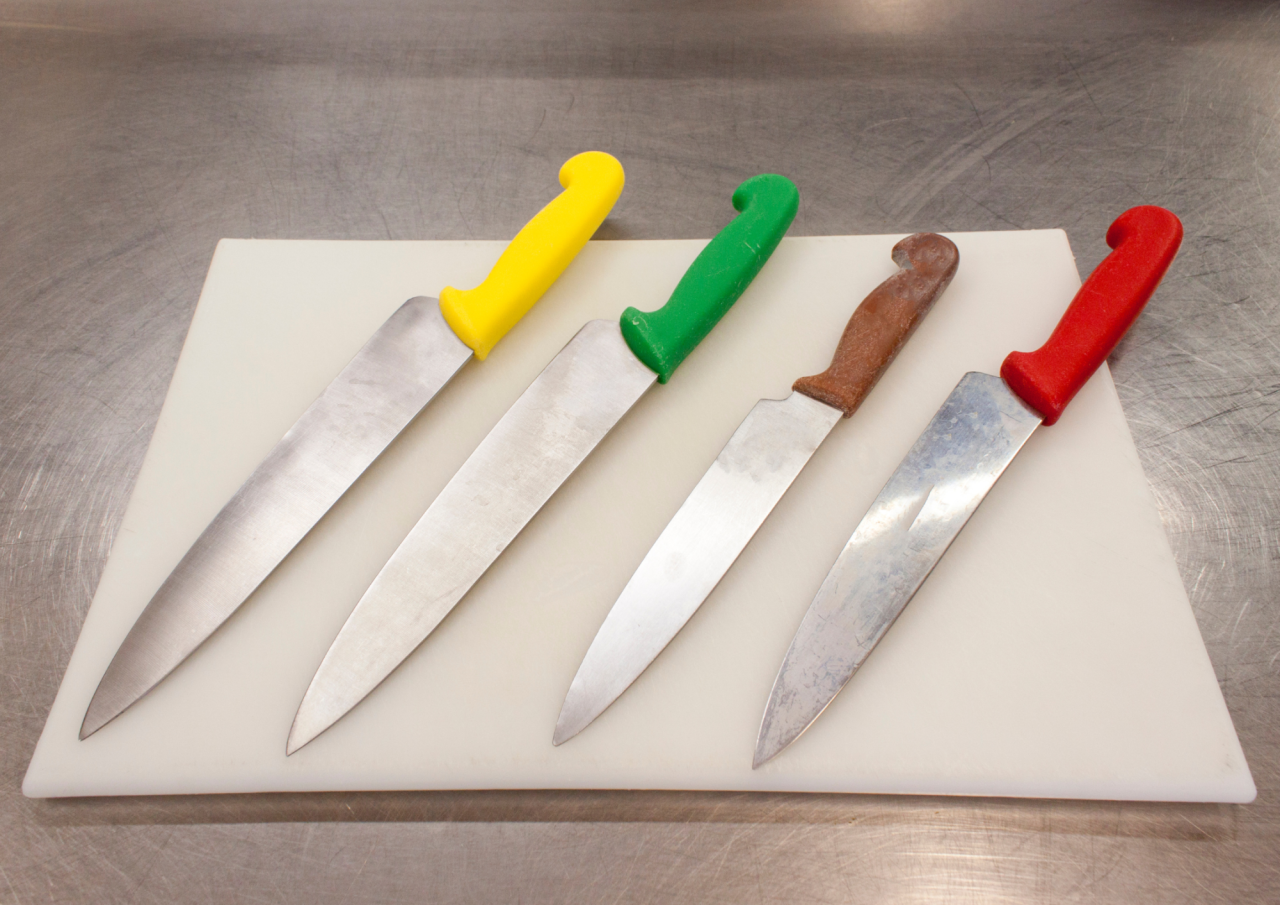
Promoting Good Housekeeping
To add extra protection when catering for allergies, caterers should divide their kitchens into different zones. This means that there is a special allergen dedicated workspace. Synergy Grill helps execute this with their Divider Plates, which segments grills to keep different food types separate.
Allergy management also demands the necessity to maintain regular cleaning to minimise contamination. Paving the way in this area is Hoshizaki's ADVANCE refrigeration range, which includes anti-tilting shelves to prevent spillages and fully removable shelves and gaskets to facilitate easy cleaning. To monitor cleaning, Monika's Prime PA device provides a useful reminder system. This includes a team management function which programmes a bespoke list of tasks for staff to maintain compliance with food hygiene guidelines.
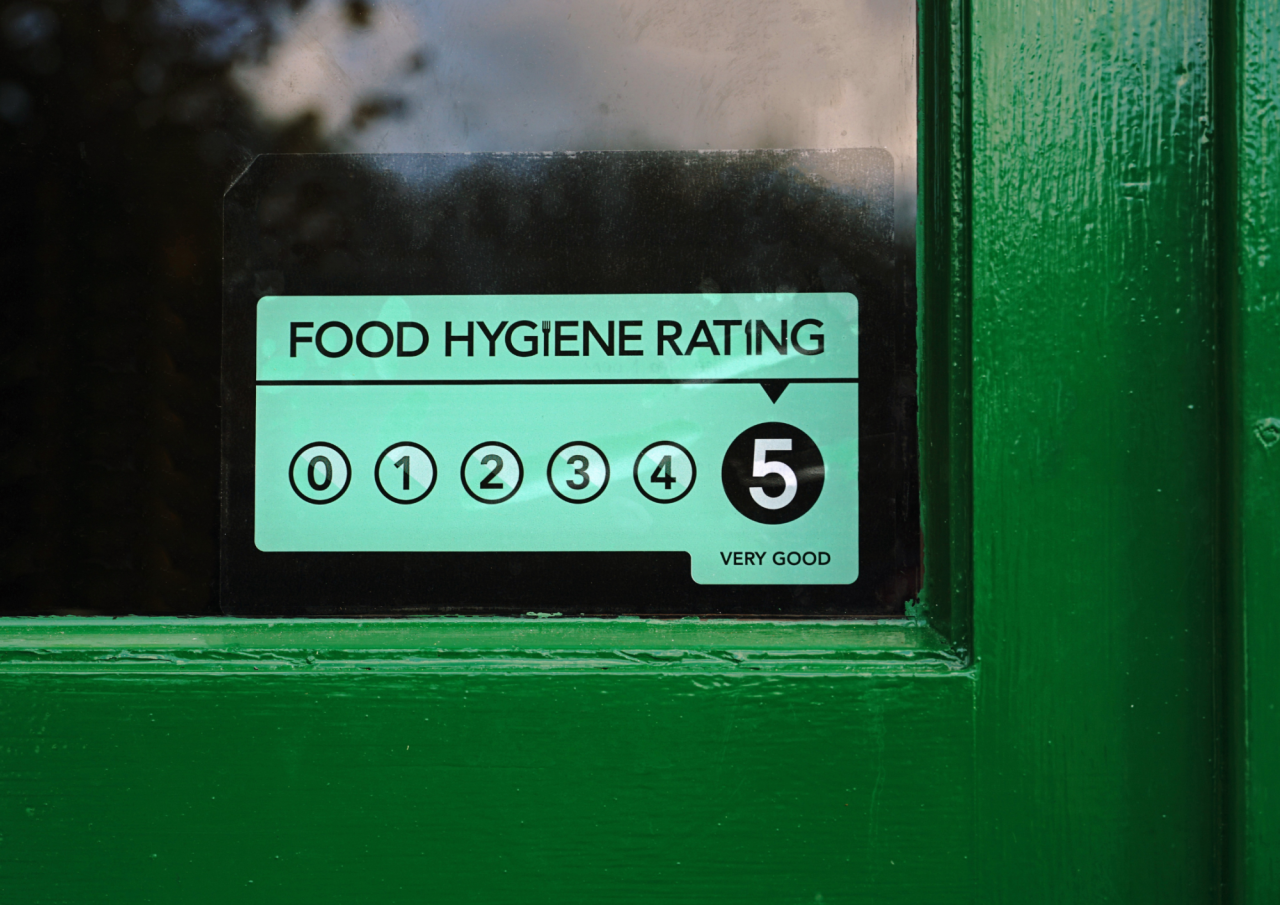
Free-From Alternatives
Pre-made products can save time and reduce risk whilst ensuring menus remain inclusive. Pastry can always be a challenge when it comes to making this gluten free. Products such as Pidy’s buttery shortcrust tartlets and pie bases alleviate the stress. Similarly, Funnybones' delicious free-from products are also convenient and hassle free. From naturally free-from corn tortillas to vegan cauliflower bites and gluten free Mexican lime cheesecake (to name a few), caterers can provide a diverse menu with ease.
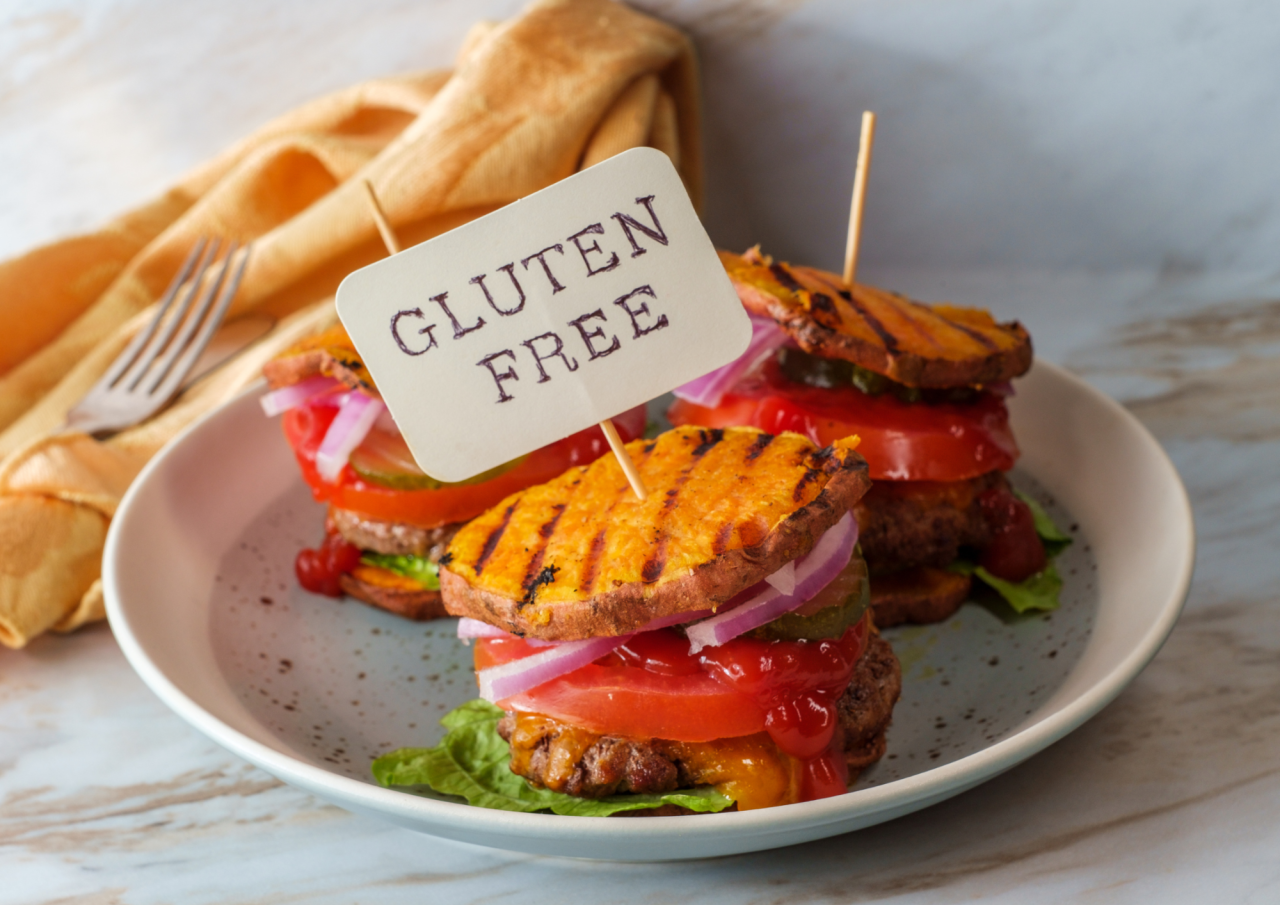
With over 2 million adults now confirmed as having a food allergy, it is essential that caterers enforce the practices necessary to manage with these. From implementing colour-coded kitchens, tightening food hygiene measures or using pre-made, allergen free ingredients for simplicity, there is a myriad of ways to help caterers when it comes to preventing contamination.
if you would like to find out more about how we help company's across the industry, please have a look on our website or email kevin@rawlingsonlane.co.uk for an informal chat.

About The Author
PR & Copywriting Intern View more from Caitlyn




